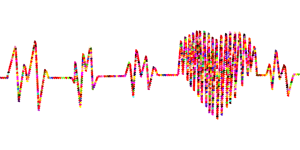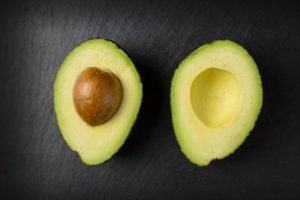Heart Health 101: What You Need to Know About Heart Disease
Heart disease is the leading cause of death in the United States with 1 out of 4 deaths being related to heart disease. Since February is American Heart Month, we wanted to take a minute to discuss that very important organ of yours.
When it comes to heart health, what you eat plays a huge role.Even though there are some contributing risk factors that you cannot control, like your age, sex, or family history, nutrition is one of the main ways that you can keep your heart healthy.Fatty animal products (high in saturated fat)





Comments